What would the future of man be if it were devoid of memory?
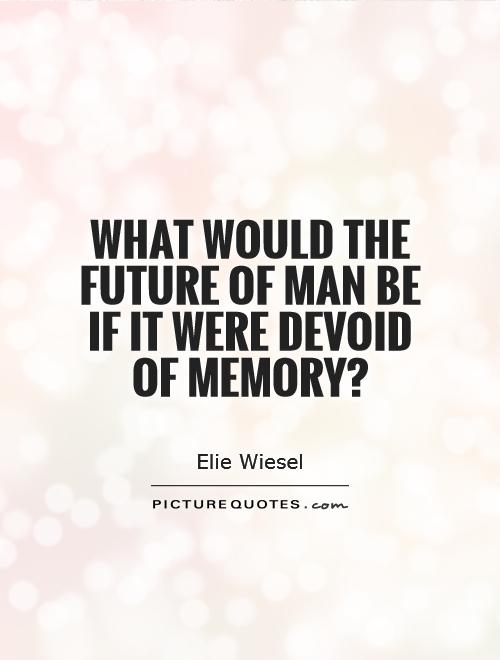
What would the future of man be if it were devoid of memory?
Elie Wiesel, a Holocaust survivor and Nobel laureate, once said, "Without memory, there is no culture. Without memory, there would be no civilization, no society, no future." These words hold a profound truth that resonates deeply when considering the impact of a future devoid of memory on mankind.Memory is what shapes our identities, our relationships, and our understanding of the world around us. It is through memory that we learn from our past experiences, make sense of our present circumstances, and envision a future for ourselves and for future generations. Without memory, we would be lost, adrift in a sea of uncertainty and confusion.
In the context of Elie Wiesel, a future devoid of memory would be a bleak and desolate one. Wiesel dedicated his life to bearing witness to the atrocities of the Holocaust, to ensuring that the memory of those who perished would never be forgotten. He understood the power of memory to heal, to educate, and to inspire change. Without memory, the lessons of the Holocaust would be lost, and the world would be doomed to repeat the mistakes of the past.
Furthermore, memory is what connects us to our loved ones, to our communities, and to our shared humanity. It is through memory that we pass down our stories, our traditions, and our values to future generations. Without memory, we would lose our sense of belonging, our sense of purpose, and our sense of hope for the future.
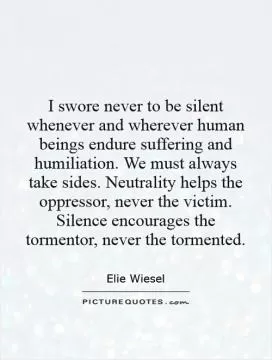
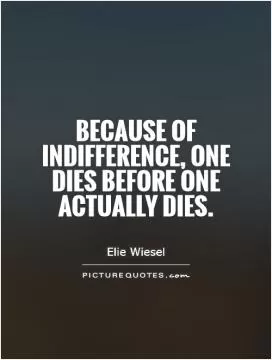



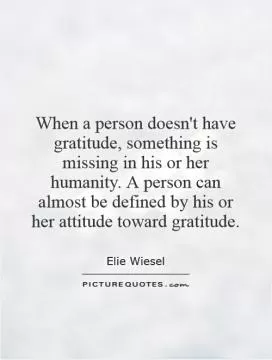
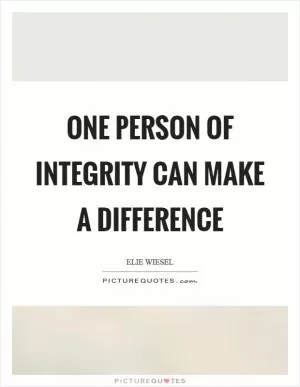
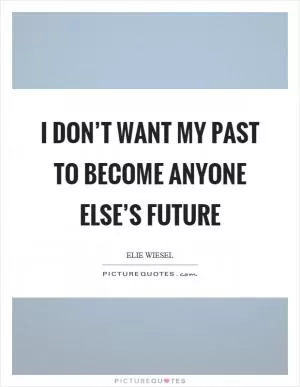
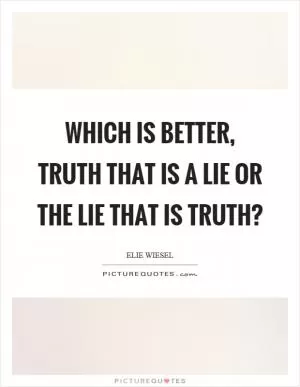
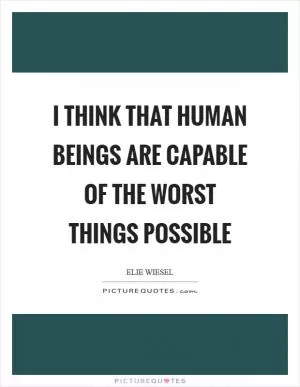
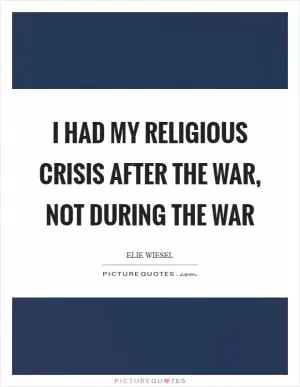
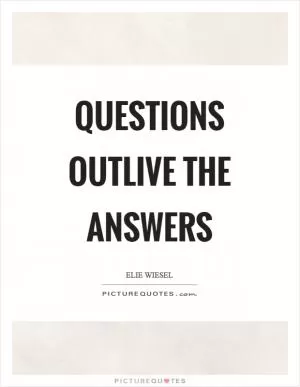
 Friendship Quotes
Friendship Quotes Love Quotes
Love Quotes Life Quotes
Life Quotes Funny Quotes
Funny Quotes Motivational Quotes
Motivational Quotes Inspirational Quotes
Inspirational Quotes